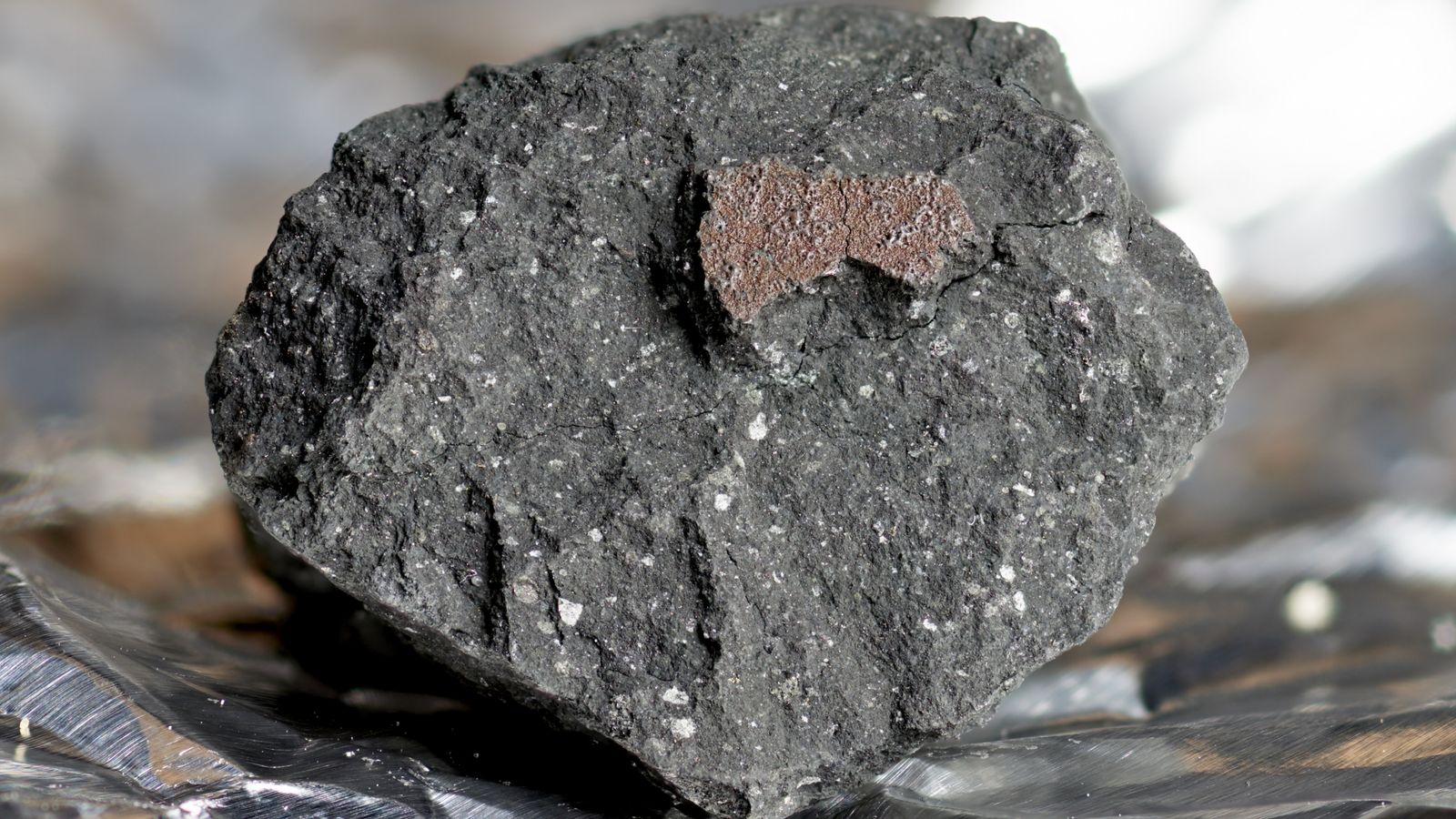DUMAS, in his well-known memoir on the gravimetric composition of water, which every student is taught, and rightly so, to regard as one of the classics of chemistry, states that of all analyses presented to a chemist that of water is the one which offers the greatest uncertainty. Critics of a certain type may possibly take exception to the literal accuracy of this remark. No one, however, will gainsay the statement that, in view of the momentous issues which depend upon our knowledge of the composition of water, this knowledge is not by any means so exact as the state of contemporary science demands. It is, of course, not merely the question of the quantitative composition of water, but the far more important matter of the relative values of the atomic weights of hydrogen and oxygen. Of all stoichiometrical constants required by chemists nowadays, those of hydrogen and oxygen are infinitely the most important. Every chemist knows what is dependent on these ratios, and he knows too that the difficulties which their direct determination involves are well-nigh insuperable.



